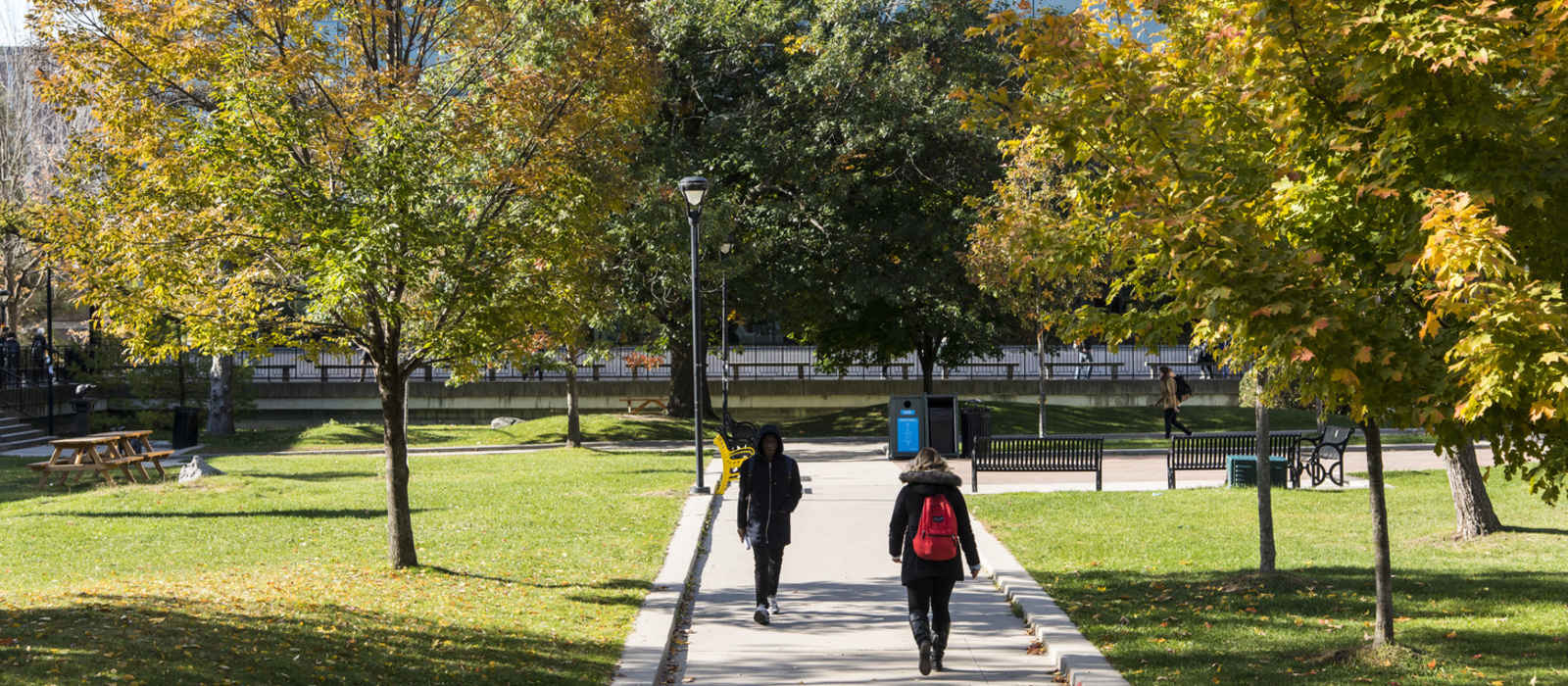Presentation Abstracts
Community is at the heart of environmental work
Susan Aitken, Institute of Environmental and Interdisciplinary Science, Faculty of Science
Community-based organizations and non-profits play an essential role in conservation, environmental monitoring, education and engagement, research and advocacy. Their dedicated volunteers, and/or staff, possess a wealth of experience and detailed knowledge of issues or locations/ecosystems. In my experience, they are generally enthusiastic about sharing this with students. However, it is important to recognize that they are often working with very limited resources and may be completely volunteer-based. Over the past 4 years I have developed 5-6 student projects each year in collaboration with a range of groups/organizations engaged in various environmentally related projects. I will discuss the importance of relationship building and maintenance and the ways that I go about doing this. I will also share insights with respect to what we can do to support our community partners in their work.
The ethics of international Indigenous community service learning
Peter Andree, Political Science, Faculty of Arts and Social Science
This presentation explores the ethics of international community service learning in the context of critiques of “voluntourism”. I will use the example of GINS 3200 (Experiential Learning Abroad), which I helped to create and taught in the spring of 2019. Students of GINS 3200 live and work in Maya communities in Southern Belize, to invite audience members to consider some of the ethical conundrums involved in international Indigenous community engagement in the context of higher ed. I will speak to how this course seeks to respond to critiques of short-term, extractive, North-South study abroad experiences with a model that is based in a long term commitment to working alongside partners to support the realization of Indigenous rights in Belize.
Integrating Community-Based Data and Data Visualization into the Classroom
Dennis Kao, School of Social Work, Faculty of Public Affairs
This presentation highlights a class project where students engaged with community-based data and learned and designed data visualizations for a non-profit organization. The presentation will discuss the details of this project, its implementation, and key lessons learned. The Advanced Community Practice (SOWK 4003) course introduces Bachelor of Social Work (BSW) students to advanced theories, methods, techniques, and skills for engaging in community-based practice. As its instructor, I have also tried to integrate data visualization as a technique and skill that may be useful in working in communities, particularly as a tool for advocacy and communicating one’s stories.
The class project was conducted in collaboration with the Council on Aging Ottawa (COA), a non-profit organization seeking to establish a more age-friendly Ottawa. Each winter, the COA conducts its Snow Mole Audit where volunteers go out in their neighborhoods and assess the walking conditions for seniors. In the 2021 Winter term, students had the opportunity to analyze the detailed Snow Mole data (which was shared by COA) and design data visualizations to highlight the key findings and stories – as well as participate in the audit themselves. The students’ final work was later shared with the COA’s Pedestrian Safety Sub-Committee. As part of the process, the students were also exposed to various data and mapping tools, such as Tableau and ArcGIS Online.
Collaborating on community engagement: Design, sociology and anthropology and the Minor in Community Engagement
Deborah Conners, Natalia Escobar Castrillón, Aaron Doyle, Beatriz Juárez-Rodríguez, Blair Rutherford, and Johan Voordouw
Sociology and Anthropology, Faculty of Arts and Social Science; Architecture, Faculty of Engineering and Design
Professors and students from the Azrieli School of Architecture and Urbanism and the Department of Sociology and Anthropology are excited to undertake a joint initiative this year to expand community engagement between their faculties. Over the past several years both units have individually enhanced community engagement activities, with Architecture increasing their focus on community engagement in undergraduate studio projects and the Department of Sociology and Anthropology initiating a new Minor in Community Engagement. This fall, third year Architecture students are designing spaces to support the Herongate and Overbrook communities, where diverse populations have built strong relationships of mutual aid, currently threatened by financialized redevelopment. Professors and students in Sociology have been working with the Herongate and other local communities for several years and the sociological insights emerging from this work are now supporting Architecture students to engage with these communities. We expect that interacting with the vision for an inclusive and supportive space to be developed by the Architecture students will in turn extend sociological and anthropological insights for the Sociology and Anthropology students.
In this presentation, these projects and our aspirations for future collaborations will be illuminated through brief stories and video clips demonstrating student response. Participants in the session can expect to gain understanding of the cross-disciplinary learning facilitated by the new Minor in Community Engagement and the shift in Architecture toward community engagement. They will also gain insight into how opportunities for students to work across disciplines in community engaged settings facilitate significant learning experiences (Fink, 2013) such as inculcating enhanced self-understanding, skills in interacting with others, development toward being more thoughtful citizens, and preparedness for the world of work.
